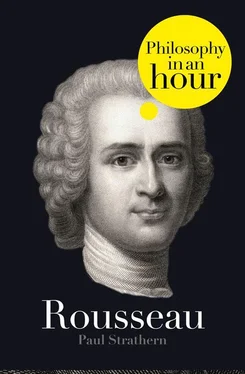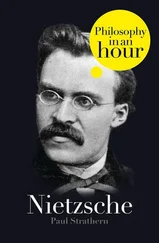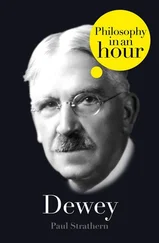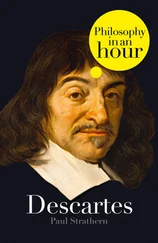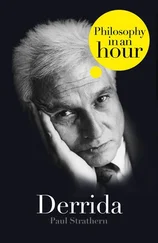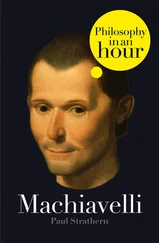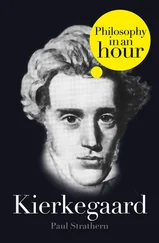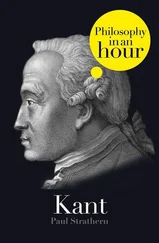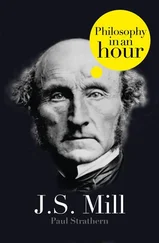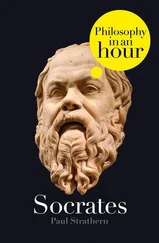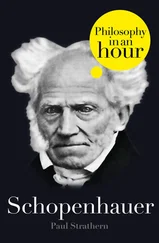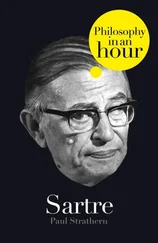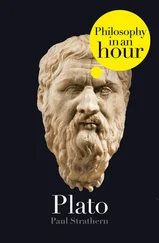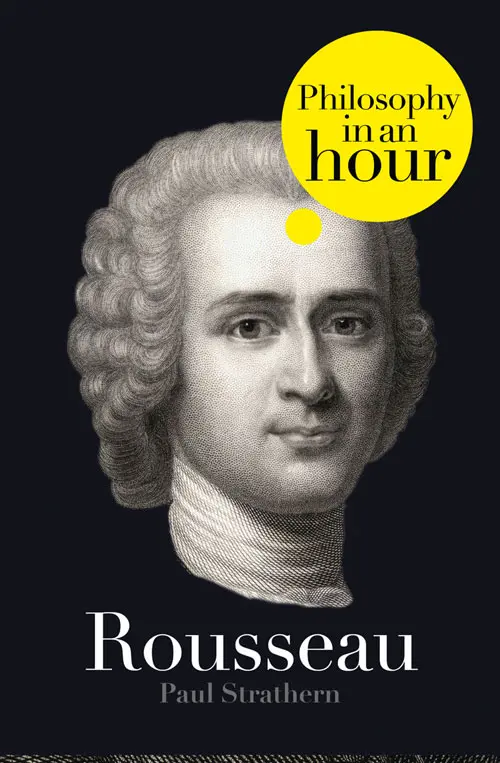
Rousseau
PHILOSOPHY IN AN HOUR
Paul Strathern
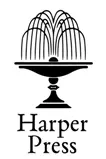
Cover
Title Page Rousseau PHILOSOPHY IN AN HOUR Paul Strathern
Introduction Introduction Rousseau was a contemporary of such supreme philosophers as Kant and Hume, yet his popular influence far exceeded either. Kant and Hume may have been superior academic philosophers, but the sheer power of Rousseau’s ideas was un-equaled in his time. Indeed, Rousseau was certainly the most unintellectual of all the great philosophers. Again and again, feeling triumphs over intellectual argument in his works – which are both deeply stirring and deeply inconsistent. It is possible simultaneously to both love and hate Rousseau – for his work as well as for his effect. It was he who encouraged the introduction of both liberty and irrationality into the public domain. The man and his ideas were one. Rousseau lived out his thought to the very utmost of his being. As a man he was both endearing and impossible. Here was a walking ego, a naked sensibility. For Rousseau, normal everyday life was often a torment – and he often made sure it was for those around him. But Europe was in need of such a figure. By the early years of the eighteenth century, when Rousseau was born, the scientific revolution and the Enlightenment were giving rise to great intellectual advances. Yet at the same time the European sensibility was suffering from a deep malaise. It had become bogged down in the intellectual and emotional restraints of classicism. In the midst of the new progress, many individuals were aware that they were beginning to lose touch with themselves, with who they really were. This was a novel feeling – which would remain part of our sensibility to this day. Rousseau was the first to confront this inarticulate self-awareness. It was he who insisted that we should seek out and experience our “true nature.”
Rousseau’s Life and Works
Further Information
From Rousseau’s Writings
Chronology of Significant Philosophical Dates
Chronology of Rousseau’s Life and Times
Recommended Reading
About the Author
Copyright
About the Publisher
Rousseau was a contemporary of such supreme philosophers as Kant and Hume, yet his popular influence far exceeded either. Kant and Hume may have been superior academic philosophers, but the sheer power of Rousseau’s ideas was un-equaled in his time. Indeed, Rousseau was certainly the most unintellectual of all the great philosophers. Again and again, feeling triumphs over intellectual argument in his works – which are both deeply stirring and deeply inconsistent. It is possible simultaneously to both love and hate Rousseau – for his work as well as for his effect. It was he who encouraged the introduction of both liberty and irrationality into the public domain.
The man and his ideas were one. Rousseau lived out his thought to the very utmost of his being. As a man he was both endearing and impossible. Here was a walking ego, a naked sensibility. For Rousseau, normal everyday life was often a torment – and he often made sure it was for those around him. But Europe was in need of such a figure. By the early years of the eighteenth century, when Rousseau was born, the scientific revolution and the Enlightenment were giving rise to great intellectual advances. Yet at the same time the European sensibility was suffering from a deep malaise. It had become bogged down in the intellectual and emotional restraints of classicism. In the midst of the new progress, many individuals were aware that they were beginning to lose touch with themselves, with who they really were. This was a novel feeling – which would remain part of our sensibility to this day. Rousseau was the first to confront this inarticulate self-awareness. It was he who insisted that we should seek out and experience our “true nature.”
Rousseau’s Life and Works
Jean-Jacques Rousseau was born on June 28, 1712, at Geneva in Switzerland. He never knew his mother, who died of the effects of childbirth ten days after his arrival. In his own words: “My birth was the first of my misfortunes…. I was born almost dying, they had little hope of saving me. I carried the seed of a disorder that the years have reinforced.” This was how Rousseau viewed his entry into the world: a drama whose potential “disorder” would prove emotional, psychological, and even physical. From the start, his relationship with those around him was unhealthily intense. His father, a watchmaker who had married “above his social class,” was inconsolable at the loss of the woman he had loved since childhood. In Rousseau’s words, “He thought he saw her again in me, but could not forget that I had robbed him of her.” They would both cry when he spoke of her. “He never kissed me without my being aware of his sighs; in his convulsive hugs a bitter grief was mingled with his caresses.” One can all but hear, feel, and smell the closeness and undermining ambivalence.
There appears to have been a streak of impulsive wildness in the family. Rousseau had a brother who was seven years older than him. His father would occasionally beat the brother, and on one occasion Rousseau flung himself between them to save his brother. Rousseau at first describes his brother as a “rascal” but later reveals, “Finally my brother turned so bad that he ran away and disappeared completely.”
At this time Geneva was a small Protestant republic surrounded by Catholic states and dependencies. It was geographically isolated from its neighbours by the ice-capped peaks of the Alps and the picturesque waters of Lake Geneva. The city owed its republicanism and independence to the sixteenth-century religious reformer John Calvin, who had made it a bastion of Protestantism. Its citizens were upright and democratic. Rousseau’s father was intensely proud of his native city, describing it to his son in terms of Sparta and ancient Rome. Rousseau’s mother had left them a small library of books, and his father would read them with his son after supper. Soon they both became so absorbed in this activity that they would continue into the night, taking turns to read. “We could never stop before the end of the book. Sometimes when my father heard the larks at daybreak, he would be ashamed and exclaim, ‘Let’s go to bed. I’m more of a child than you.’”
Young Rousseau found himself the center of attention in an almost exclusively female household, with a nurse, an aunt, and occasional admiring relatives. Sitting at his aunt’s knee as she embroidered, he would listen to her singing her seemingly endless repertoire of traditional songs. Rousseau was fascinated, acquiring a deep interest and understanding of music at an early age. But the element of undermining ambivalence remained. Years later he would describe himself at this stage as having a “heart at once so proud and so tender [with an] effeminate yet indomitable character … vacillating between weakness and courage, self-indulgence and virtue.” He saw himself as a “contradiction with myself.”
Then, suddenly, everything changed. One day Rousseau’s father became involved in a public argument with a local landowner, whom he challenged to a duel. But the landowner contemptuously refused to duel with him because of his lower social origins.
Читать дальше
